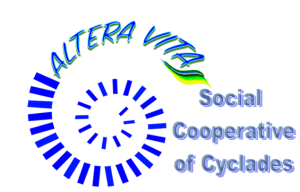The Basics of Digital Literacy
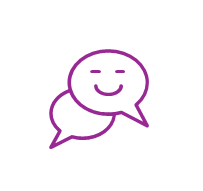
Today, a significant portion of our lives has shifted online. Everything seems to be transitioning to digital: from cars and marketing to media and documents. In this era dominated by digital advancements, the need for digital competencies is evident. Just as you've mastered essential life skills such as reading, writing, and arithmetic, digital literacy is crucial for navigating a world immersed in technology. Whether it's staying connected with loved ones, managing finances, or accessing valuable information, digital literacy skills empower you to thrive in today's interconnected society.

The key objectives of this Learning Station are to:
- Learn what digital literacy is and how you identify common digital competencies.
- Reflect on the importance of developing digital competencies.
Competencies you are developing:
- You will grasp the concept of digital literacy and be able to explain what it means to navigate the online world.
- You will identify common digital skills necessary for using digital devices and engaging with technology effectively. You will learn about the DigComp framework, and discover how it categorizes essential digital competencies.
- You will reflect on why developing digital competencies is vital for staying connected and engaged in today's digital society.
- You will examine real-life examples illustrating various digital skills, gaining insights into how they apply to your everyday life.
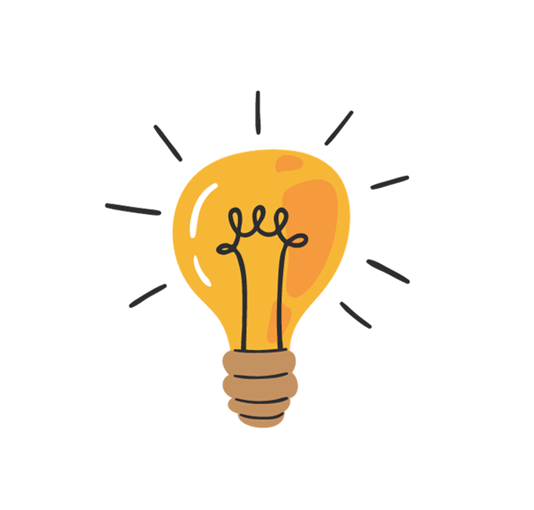 #1.Think for a moment...
#1.Think for a moment...
- What do you think digital literacy is?
- Can you identify examples of digital competencies?
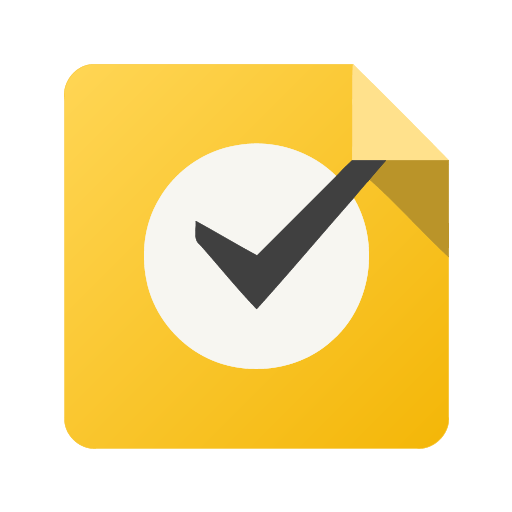 #2. Digital Literacy
#2. Digital Literacy
Let's start by addressing the question:
What does "digital literacy" really mean?
You'll watch a brief video that delves into this concept and its significance in today's digital landscape. Through the video, you'll gain an understanding of digital literacy and its potential benefits for you. Explore how utilizing digital tools can assist you in problem-solving, fostering creativity, and enhancing communication.
Watch the video and answer questions at the end:
 #3. Digital Competencies
#3. Digital Competencies
Digital literacy can also be seen as a set of digital competencies. The Digital Competence Framework, known as DigComp, describes digital skills as the ability to use digital technologies effectively for learning, work, and social participation. It breaks down the important parts of digital skills into five groups, adjusted to fit the needs of individuals. Each group includes 3-6 digital skills, which represent knowledge, abilities, and behaviours.
DigComp is the Digital Competence Framework for Citizens, created by the European Commission. It is essentially a reference point that outlines the key skills Europeans need to confidently use technology in various aspects of their lives, including:
- Learning
- Work
- Leisure activities
- Social inclusion
DigComp focuses on five main competence areas, further broken down into 21 individual competencies with eight proficiency levels. This structure helps individuals assess their digital skills and identify areas for improvement.
Here are some of the things DigComp is used for:
- Designing tools to assess digital competence.
- Creating training materials and courses to improve digital skills.
- Identifying the digital skillsets needed for different professions .
Overall, DigComp serves as a valuable tool for promoting digital literacy and ensuring everyone in Europe has the necessary skills to thrive in today's digital society.
Look at the examples provided below that illustrate digital competencies:
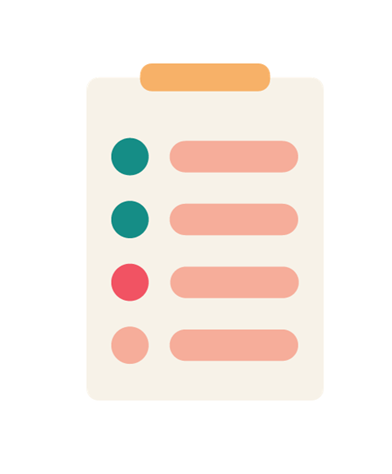 #4. Summary
#4. Summary
Now that you've completed all the activities in this module, here is a summary to help you solidify your understanding.
- Digital literacy is the ability to use digital technologies effectively for learning, work, and active participation in society.
- Digital literacy is more than just knowing how to use computers and other digital devices. It also includes the ability to understand the ethical considerations, potential risks, and responsibilities that come with using digital technologies.
- There are five essential aspects of digital literacy: information and data literacy, communication and collaboration, digital content creation, safety, and problem-solving.
- DigComp stands for the Digital Competence Framework. It's a reference framework developed by the European Commission to describe digital competence and its components. DigComp outlines the skills and knowledge necessary to navigate the digital world effectively. It is used as a tool for assessing and developing digital competence across various contexts, including education, employment, and everyday life.

#5. References
